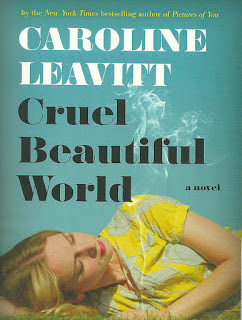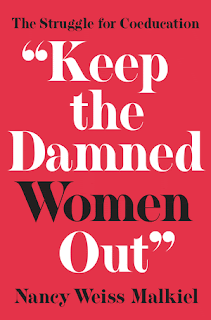David O. Stewart
 David O. Stewart is the author of several works of history, including Madison’s Gift: Five Partnerships That Built America, which have been awarded the Washington Writing Award and the Society of the Cincinnati History Prize. His Fraser and Cook mystery novels are The Lincoln Deception, The Wilson Deception, and the newly released The Babe Ruth Deception.
David O. Stewart is the author of several works of history, including Madison’s Gift: Five Partnerships That Built America, which have been awarded the Washington Writing Award and the Society of the Cincinnati History Prize. His Fraser and Cook mystery novels are The Lincoln Deception, The Wilson Deception, and the newly released The Babe Ruth Deception.
From Stewart's Q&A with Deborah Kalb:
Q: Why did you choose to focus on Babe Ruth for your third "Deception" novel rather than on another president?Visit David O. Stewart's website and blog.
A: Because Babe Ruth was Babe Ruth! He was an athletic god, funny and high-spirited, a man of the people with common – even crude – habits, a heavy drinker, a relentless womanizer, and such a legend that everyone in America STILL knows his name, nearly 70 years after his death.
By writing about the Babe’s first two years with the Yankees, 1920 and 1921, I could capture the moments when the young prodigy remade the game of baseball, when the nation plunged into Prohibition and bootlegging, and when the Black Sox Scandal threatened to destroy organized baseball forever.
The real question is...[read on]
My Book, The Movie: The Wilson Deception.
The Page 69 Test: The Wilson Deception.
My Book, The Movie: The Babe Ruth Deception.
Writers Read: David O. Stewart.
--Marshal Zeringue





























